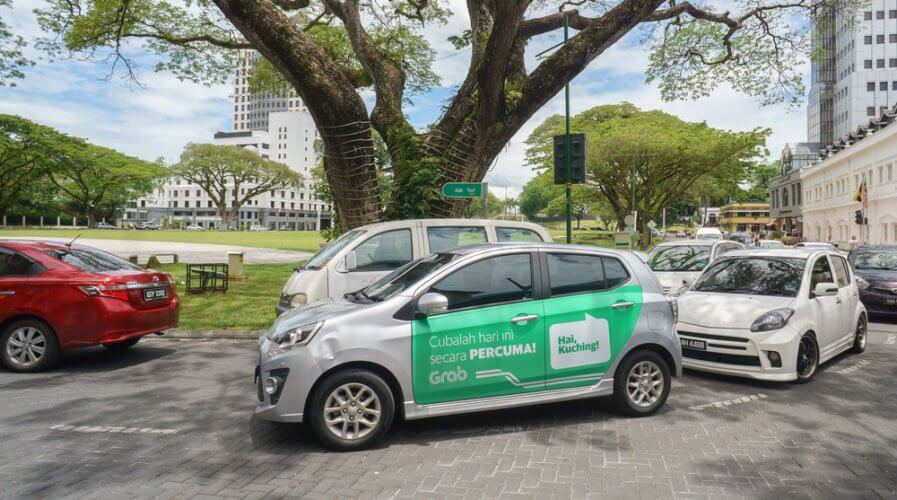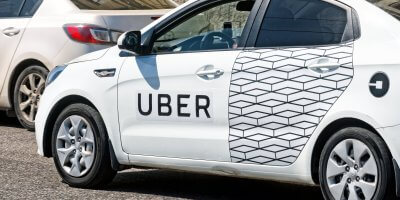
Grab currently is the single largest and most active ride-hailing service provider in Malaysia. Source: Shutterstock
Will Malaysia’s ride-hailing market finally get better?
WHEN Grab and Uber merged earlier this year, residents of Malaysia and Singapore were quite concerned about the impact that the merger and effective ‘monopolization’ of the industry would have on prices and service levels.
Competition is always great for business. Not only does it keep prices fair but also fosters innovation and ensures that each company in the market is doing its best to win over and retain customers — every day.
Fortunately for Malaysia, it seems as though new players are preparing to provide residents with some options, whether they’re looking to use the service (as a customer) or provide it (as a driver-partner).
This week, diffride, a new ride-hailing service launched in Malaysia. At the launch event attended by Tech Wire Asia, the company’s CEO Hanna Yong said that the company currently has about 2000 registered drivers and expects to have another 4000 join soon — taking the total to 6000 drivers by the end of the year.
One of the things that diffride is doing differently is that it’s paying a lot of attention to its driver-partners.
Unlike ride-hailing platforms in other parts of the world, the company says it will only charge drivers a fee of MYR5 (US$1.22) per day to use the platform, and no commission.
Included in the fee will be a charge that provides diffride drivers, their cars, and their passengers with insurance against accidents of any kind.
The company is also working with Digi Telecommunications to provide drivers with a new mobile plan that will offer 10GB of data and unlimited calls for MYR58 (US$14) per month. This might not seem like much but is quite a boon for drivers who’re constantly on the phone, calling customers at every pick-up point, and using data for the driving-partner app, GPS and maps, and messaging services.
The focus on drivers is core to diffride’s strategy as they plan to grow using a word-of-mouth strategy, hoping drivers spread the word about the benefits that the app offers to them (over the competition).
Malaysian Transport Minister Anthony Loke Siew Fook, who graced the occasion with his presence, said that the ministry was pleased with the announcement and hoped for more competition in the market.
Although competing with Grab will be a herculean task for any new entrant, the launch of diffride seems like a step in the right direction for Malaysia.
Other ride-hailing services in the market such as MyCar, JomRides, and MULA have been working on ‘effectively’ competing in the market for months now — but many residents are still unaware of their services.
Clearly, concrete measures need to be taken in terms of marketing and development, if these smaller players want to establish themselves in the ride-hailing market, and improve the ride-hailing ecosystem in Malaysia.
READ MORE
- Safer Automation: How Sophic and Firmus Succeeded in Malaysia with MDEC’s Support
- Privilege granted, not gained: Intelligent authorization for enhanced infrastructure productivity
- Low-Code produces the Proof-of-Possibilities
- New Wearables Enable Staff to Work Faster and Safer
- Experts weigh in on Oracle’s departure from adland




